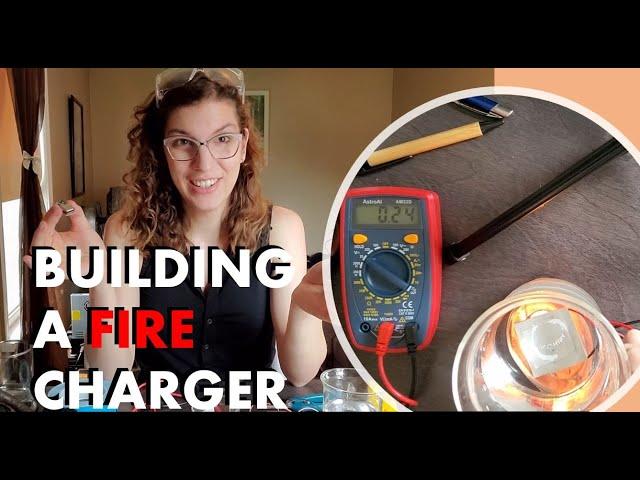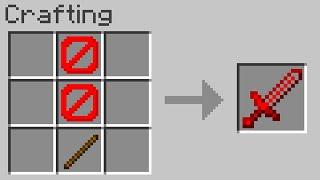Комментарии:

Do you know of any other applications for the Seebeck Effect? Let me know in the comments! This is such a versatile technology - and I can't imagine the number of ways this can be used!
Ответить
I would be curious to know how many amps this is producing. That could theoretically give us an idea of how long it would take to charge a phone
Ответить
Could it harm the phone battery using such a set up if it’s not consistent?
Ответить
i really wanna try this, pretty cool! with the phone off, did u tryed to see how longs takes to get +1% for the battery?
if u put 2 peltier in parallel, will it be better for a fast charge? or will damage the battery?

Can you drop a link for the voltage amplifier please?
Ответить
Question: In the desert, they have a bunch of mirrors aimed at a source of water to create steam, and generate electricity. If you lined the container with these instead, and then filled the container with a water container (to create the heat difference), what would the outcome efficiency of that be, vs the steam?
Edit: And would that work on a smaller scale, like a solar oven? How would that compare to solar panels?

Great video.
Ответить
hi,
I came across your video while searching inspiration for a similar project. I really enjoyed watching it, but I think you should know that your device WILL break after some use. Here's why:
A phone needs at least 5 Watt to charge, Watt is the amount of energy that comes in per second. The formula is as following: Watt = Volts * Amps.
As you said in the video, the phone needs a specific voltage of 5Volts, so if we plug that in the equation, we get that the phone needs 5 Volts and 1 Amp.
The module you are using transforms the 1.3V to 5V, but this comes with a cost. It drastically takes down the Amps, which leads me to believe that you are not delivering the required 1 Amp, and underpowering you phone. After some use, this will destroy the electronics that you made, and maybe even your phone. Also the charging will be very slow, if even happening at all.
Since a candle produces about 30 Watt, I recommend using more than one peltier module to harvest more of the heat energy. (and also always measure voltage AND amperage).
I hope I didn’t offend you, because I really mean well! I loved the project and hope to see an improved version in the future!

Super cool and impressive!!
Ответить
Since heat rises, shouldn’t the cold be on the bottom and heat on top?
Ответить
So, is it true that the amount of output current depends on how large is the difference in temperature between the cool side and the hot side. So, how does one get one side very cold and the other side almost boiling water temperature? So, how if I put the module (the side with the writings down toward the cold) then place a hot cup of tea on top of the module, separated by a couple of sheets of aluminum,
Ответить
mines not working , im doing the for a school project and its not working . do you have any tips on why it isnt working? :(
Ответить
im doing this for an engineering project for my 7th grade fair , i was wondering if it could be any glue or a specific glue??
Ответить
I live in a part of the country that gets really cold winters. I've often thought about how much energy I could generate by having the hot side of an array of peltier modules on the inside of a window, and the cool side facing the outside during the winter. That'd have to work to a decent enough degree, right? At least for charging/powering small devices?
Ответить
Hey could we link up ?
Ответить
I adore her
Ответить
You doing it wrong you have to hold the fire
Ответить
that was cool
Ответить
Very cool! I like it!
Ответить
Very informative, thanks!
Ответить



![Skiter Wraith King - Dota 2 Pro Gameplay [Watch & Learn] Skiter Wraith King - Dota 2 Pro Gameplay [Watch & Learn]](https://ruvideo.cc/img/upload/VTB4T2VnUHU2ZHU.jpg)


![현역가왕2 1회 시청률 8%, 뭔가 애매~하다?! A급 무대에도 애매한 반응 터진 이유는? [현역가왕 1회 리뷰] 현역가왕2 1회 시청률 8%, 뭔가 애매~하다?! A급 무대에도 애매한 반응 터진 이유는? [현역가왕 1회 리뷰]](https://ruvideo.cc/img/upload/a2Rxa2pkLTVudEk.jpg)



















